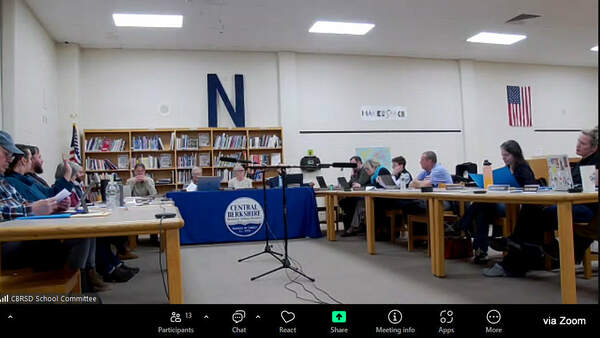Wahconah Park Demo Not Off the Field
PITTSFIELD, Mass. — Wahconah Park's historic nature will likely not impede replacing the structure, if needed.
The Wahconah Park Restoration Committee was told last week that the Massachusetts Historic Commission said "razing and rebuilding" park is not out of question. The park is on the National Register of Historic Places.
"There's certainly more conversation but it's not out of the realm of possibility that Mass Historic would work with us on an option, which would either repair or raze and rebuild," said Parks, Open Space, and Natural Resource Program Manager James McGrath, adding that it would likely be expected that the city maintain historical aspects of the park.
Last month, the committee had its meeting on-site at the park to see the extent of the work ahead of them. Members pondered whether its historic designation would limit possibilities for renovating the park and McGrath had not yet been able to reach the state's Historical Commission.
Because of the cost, an owner’s project manager, or OPM, will oversee the process of either repairing or rebuilding Wahconah Park, which remains undecided.
The committee approved a draft request for services to hire an OPM and requested a few changes to the proposed contract.
Members suggested that the chosen bidder have baseball or outdoor stadium-specific experience and have worked on projects of $10 million or more.
This role acts on behalf of the owner in the planning, design, construction, commissioning, and closeout phases of a project and can be hired for any duration.
"The owner's project manager pathway is actually a requirement of state law because of the anticipated cost for the construction of what we're looking at," McGrath explained.
"Whether it's a repair option or a replacement option."
McGrath pointed out that Taconic High School used an OPM for its $120 million rebuild that was completed in 2018 and said the city was well served by that structure.
"This is a complex project which has a lot of parts, historical to environmental and permitting, construction, and community input," he said. "There's a lot going on."
A small committee will evaluate proposals for the park and make a recommendation on the hire. It was clarified that the restoration committee can review proposals as well but a separate panel will advise the hiring of the OPM.
There is not yet a budget identified for the position.
The committee was also presented with a flooding mitigation report from the University of New Hampshire Stormwater Center, which was paid for by the state Department of Environmental Protection.
It is recommended that wetland restoration is done in and around the facility and that the parking area is raised with permeable pavement to include stormwater storage underneath.
McGrath said once concept designs are made, the next level of investigation is a study to comprehensively understand flood waters at the park.
The committee is going to see how many proposals they get over the next few weeks and how quickly an evaluation committee can be formed to hire the OPM before scheduling its next meeting.
Tags: Wahconah Park,















